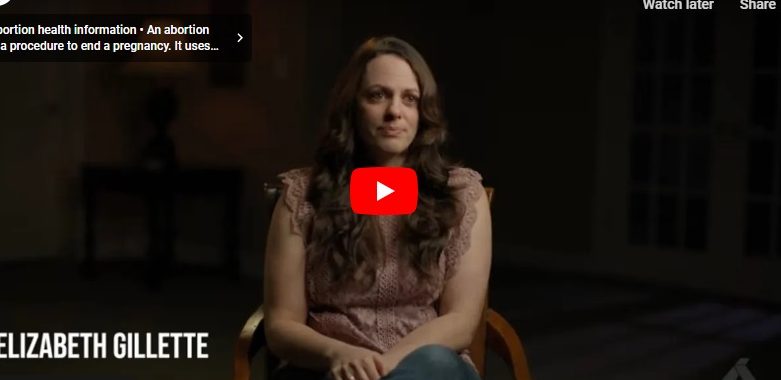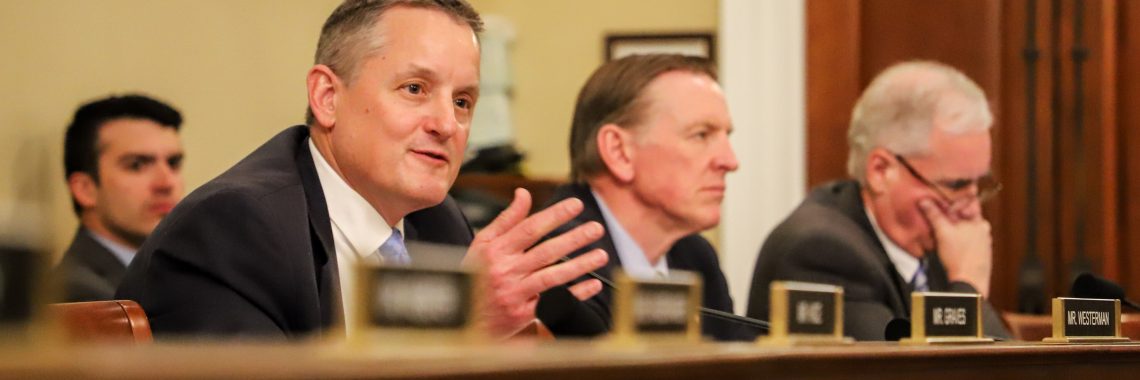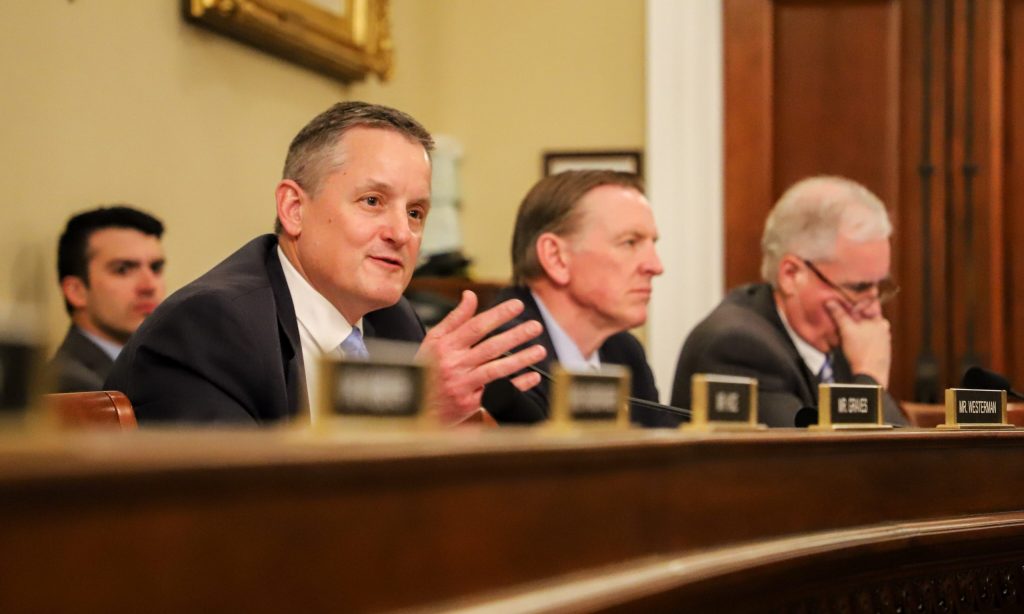The New York Times complains about fathers who might be too good in popular cartoon.
Recently in The New York Times, pop culture critic Amanda Hess argued that the immensely popular Australian children’s cartoon Bluey is problematic. According to Hess, the cartoon offers an over-idealistic portrayal of parenting, especially of fathers. Not only is Bluey’s puppy dad Bandit “a good father—he is a fantasy, one crafted to appeal to adults as much as to children.” Bandit seems “omnipresent” in the seven-minute episodes, Hess complains, too often playing with his daughters and doing housework. He “represents a parent freed of drudgery, one whose central responsibility is delighting his kids.”
The reason why a positive portrayal of dads is a bad thing has something to do with what former President George W. Bush once called “the soft bigotry of low expectations.” Hess is not really arguing that cartoon dads shouldn’t be good dads, but if they are too good, then real-life dads might feel guilty and real-life kids with absent or abusive dads might feel worse. In other words, if everyone does not meet a high bar, we should lower it.
In a strange sense, of course, Hess is making a case that dads matter. Craving a dad who is consistently present, attentive, and loving reflects something about who we are and what we need, whether we received it or not. We have that craving because it is built into the fabric of reality. We may wish and often repeat that men and women are interchangeable, and therefore, moms and dads are too. But our own hearts say otherwise.
In fact, social science data routinely confirms how important dads are for the health and well-being of children. Kids who grow up without a dad at home are three times more likely to engage in criminal activity, more likely to engage in sexual activity earlier, less likely to go to college, more likely to have emotional and behavioral problems, more likely to struggle academically, and are twice as likely to commit suicide. As author and Professor Nancy Pearcey recently wrote, the best predictor that a child will hold on to their Christian faith into adulthood is if their dad held on to his faith and nurtured a close bond with his kids.
None of this means, of course, that children who grow up with an absent or abusive dad are doomed to failure, or that children who grow up with faithful, attentive fathers are guaranteed success. However, if we do know instinctively and empirically how important dads are, shouldn’t we hope for more good fathers to be modeled in the media and elsewhere, rather than fewer?
In an episode of Bluey called “Hospital,” Bluey and her sister pretend to perform surgery on their dad. As is characteristic of the show, a few jokes are clearly aimed at the parents watching. At one point, Bandit asks pleadingly if there is another game they could play in which he could just lie on the couch and do nothing.
This endearing example isn’t one of perfect fathering that Hess is complaining about, but it is quite realistic and perhaps reveals the real “problem” with this particular cartoon dad: He doesn’t treat his children like objects or status symbols or constant irritants, as items on a bucket list, or as obstacles to freedom, prosperity, and autonomy. As my friend and kids’ rights advocate Katy Faust puts it, we think of kids as means to serve adult desires, rather than as ends in and of themselves, whose needs and wellbeing should be put first.
According to Hess, the problem with Bluey is that it never portrays the “drudgery” of parenthood, peddling instead some irrational idea that a parent should delight his kids. In Hess’s critique, it’s not possible for a dad to feel annoyed, bored, and pulled in too many directions but still choose to play goofy games like “hospital” because he knows, at some level, just how consequential his love, time, and attention is for his kids. In fact, it’s more than possible that the ratio of annoyance to life-long importance is outrageously lopsided. It’s not only possible, it’s essential because only a dad can be a dad.
For more resources to live like a Christian in this cultural moment, go to breakpoint.org.
Copyright 2024 by the Colson Center for Christian Worldview. Reprinted from BreakPoint.org with permission.
READ MORE





